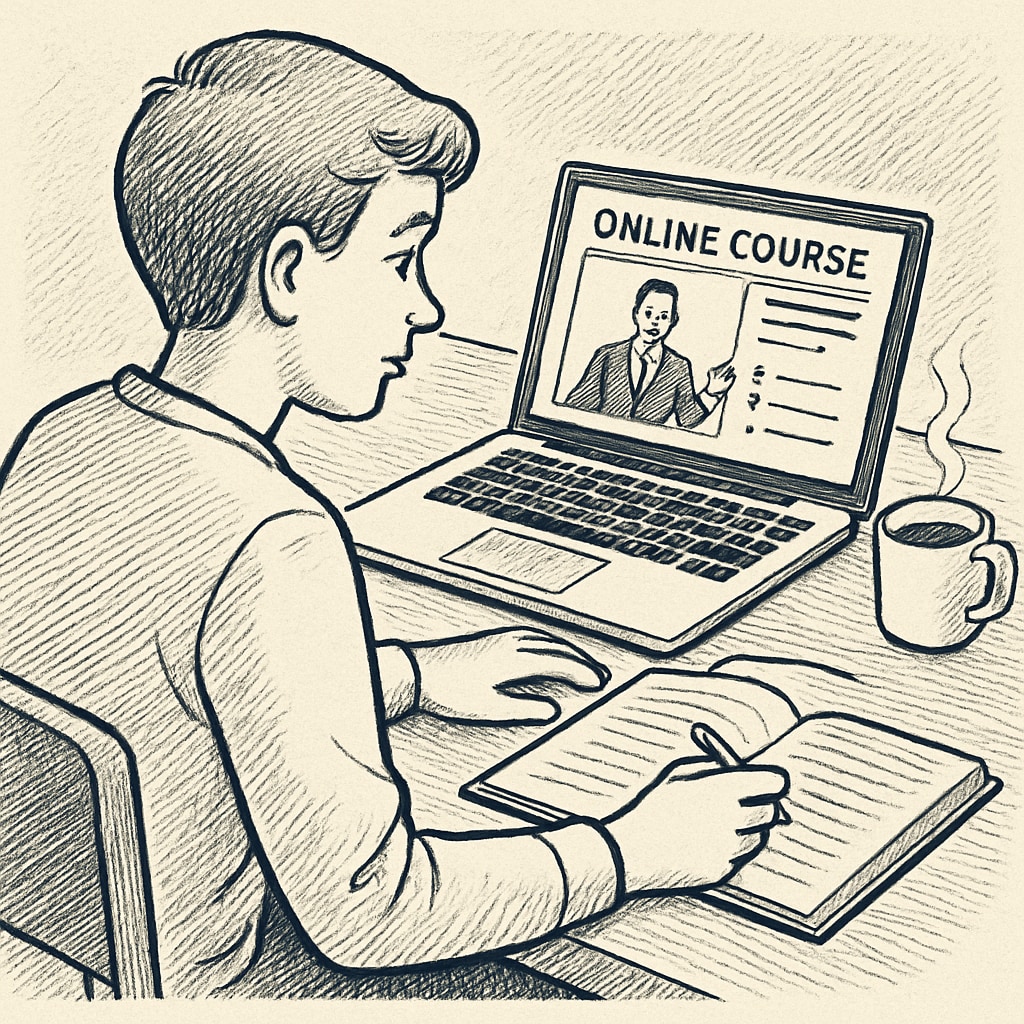In the realm of UK education, the issue of academic interruption remains a significant challenge for many young individuals. Family circumstances, financial difficulties, or personal struggles often force students to step away from traditional schooling. However, the good news is that a variety of continuing education pathways exist to help them get back on track. From vocational qualifications to online learning platforms and community-driven initiatives, the UK offers numerous options to support these learners in rebuilding their futures.
Vocational Training: A Practical Path Forward
For those who prefer hands-on learning or wish to directly enter the workforce, vocational training stands out as a highly effective option. Programs such as NVQs (National Vocational Qualifications) or apprenticeships not only equip individuals with industry-specific skills but also offer opportunities to earn while they learn. These pathways are particularly beneficial for students who thrive in practical environments or have a clear career goal in mind.
Institutions like City & Guilds and Pearson BTEC provide a range of qualifications in fields such as healthcare, construction, and technology. Additionally, apprenticeships often come with mentorship and on-the-job training, making them an excellent choice for experiential learning. More information about vocational qualifications in the UK can be found on the Wikipedia page on vocational education.

Remote Learning: Flexibility at Your Fingertips
In an increasingly digital world, remote learning has become a game-changer for individuals seeking to resume their education. Online platforms such as Open University, Coursera, or FutureLearn offer flexible and accessible options for those juggling multiple responsibilities. Whether it’s earning a degree, completing a certification, or simply gaining new skills, remote learning allows students to learn at their own pace and from any location.
Moreover, the affordability of many online programs makes them an attractive option for individuals facing financial constraints. The flexibility to balance work, family, and education is another major advantage. For an in-depth look at the benefits of online learning, visit Britannica’s article on online learning.

Community Support Programs: Local Solutions for Big Challenges
Community organizations and local councils play a vital role in supporting individuals who have experienced academic interruptions. Many communities in the UK offer tailored programs to help young people regain confidence and develop essential skills. Initiatives such as the Prince’s Trust, Youth Employment UK, and local adult education centers provide mentorship, workshops, and even financial assistance to those in need.
These programs often go beyond academics, addressing the mental and emotional well-being of participants. For example, workshops on communication, teamwork, and resilience are commonly included, preparing students for both education and life challenges. By fostering a sense of belonging and providing individualized guidance, community initiatives act as a lifeline for young learners.
Psychological Support: Building Resilience and Confidence
Returning to education after a break can be daunting, making psychological support a cornerstone of success. Many educational pathways in the UK integrate mental health services and counseling to help students navigate their challenges. Whether it’s one-on-one therapy or group workshops, these services aim to build resilience and boost confidence, ensuring learners feel supported throughout their journey.
Schools and colleges often have dedicated mental health teams, and external organizations like Mind UK also provide valuable resources. Addressing the psychological barriers to education is just as important as addressing the logistical ones, ensuring a holistic approach to continuing education.
In conclusion, the UK offers a wealth of pathways for individuals looking to resume their education after interruptions. From vocational training to remote learning and community programs, there’s a solution for every learner. By combining these opportunities with psychological support, young people can rebuild their futures with confidence and purpose.


